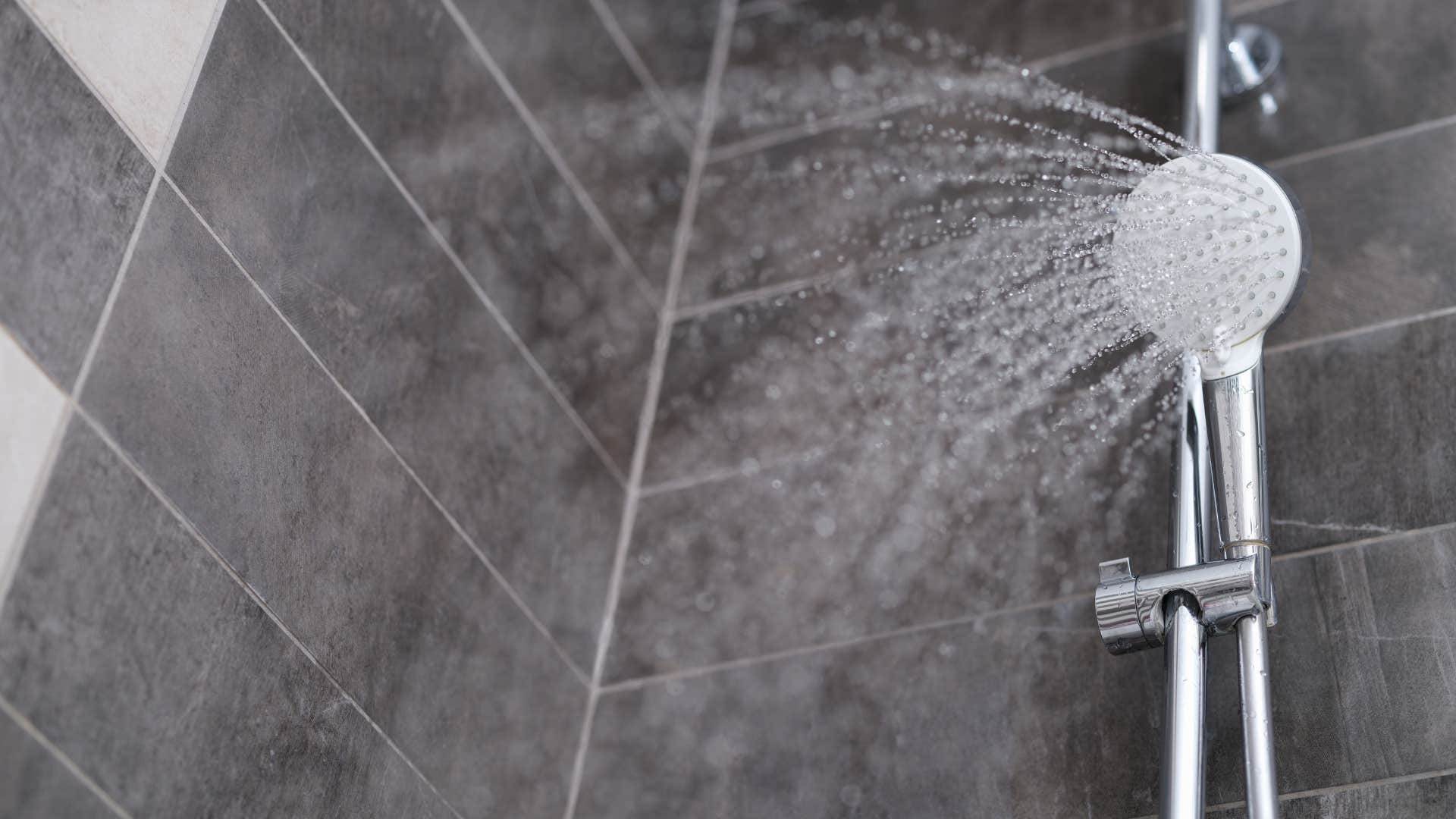7 Habits To Add To Your Daily Routine If You Want To Wake Up Happier, According To Psychology
Start your mornings on the right foot.
 Getty Images | Unsplash
Getty Images | Unsplash I know what it’s like to feel uninspired and just plain icky. Often, it’s because I skip vital yet simple habits that maintain my self-respect and enthusiasm for life.
If you're like me and need some help so you can wake up happier every day, you might need to slightly shift your daily routine. Often, all it takes to realign your perspective is a few slight adjustments to your regular habits — and remember: an efficient way to inspire more happiness in your life is to keep your mind occupied with something sensory.
Here are seven habits to add to your daily routine if you want to wake up happier, according to psychology:
1. Spend 20 minutes learning something
 GaudiLab via Shutterstock
GaudiLab via Shutterstock
Learning (and note-taking on said learning) has been shown to better internalize focus. Whether via books, apps, videos, or courses, daily studying shouldn’t end at college graduation.
Studying is a practice that can lead to exponential growth, especially when you go deep on a topic to develop mastery in something specific and helpful to the world. Research from The American Psychological Association (APA) found that "summarization and sustained attention are the primary cognitive processes underlying the power of note‐taking."
2. Go for a quick walk
 Cast Of Thousands via Shutterstock
Cast Of Thousands via Shutterstock
We can avoid walking when our days are busy because going for a walk seems like a low priority. But what if walking without a specific aim was one of the most valuable things you could do?
When we understand the need for daily motion and reflection to fuel our creativity and raise our frequency, walking in the morning becomes non-negotiable. Research from The Journal of Alternative and Complementary Medicine explained that "walking meditation was effective in reducing depression, improving functional fitness and vascular reactivity, and appears to confer greater overall improvements than the traditional walking program."
3. Check one thing off your to-do list
 Prostock-studio via Shutterstock
Prostock-studio via Shutterstock
Ask yourself this: ‘Of all the stuff I could do today, what’s one thing I can do next that would make this day worthwhile?’ The nature of the task would depend on your mental and physical capacity, so if you’re struggling, doing something like washing the dishes might be the thing you want to check off your ever-increasing to-do list.
Knock off one thing on the list right now that takes less than fifteen minutes. This is a great way to give ourselves a boost. Do one little thing, and now boom! You've already been productive this morning.
Doing just that one thing is crucial because it gets you started. Nothing else will boost your mood and productivity more than creating momentum, even if it’s a tiny task.
4. Write a wow list
 MAYA LAB via Shutterstock
MAYA LAB via Shutterstock
Write down everything you can think of about your life, experiences, and the world that makes you say wow! You’ll find many things, and you may find you come up with fresh ideas that drive new creative projects.
This activity trains your brain to focus on what’s exciting and beautiful. Recognizing the things you appreciate is the skill you need. Most empirical studies indicate that there is an association between gratitude and a sense of overall well-being," according to research from the American Psychological Association.
5. Do a social-stretch task
 DavideAngelini via Shutterstock
DavideAngelini via Shutterstock
We all have our versions of an activity that makes us a little nervous in the social context.
- Maybe it’s talking to a cashier.
- Maybe it’s just writing a message to a family member.
- Perhaps it’s going out to a club alone.
We can go through days wrapped up in self-absorption and wonder why we feel depressed, as suggested by a 2002 study. Instead, put the attention on others, especially if it’s a bit of a stretch outside your comfort zone, and watch your mood lift.
6. Meditate
 PeopleImages.com - Yuri A via Shutterstock
PeopleImages.com - Yuri A via Shutterstock
Yeah, I know. Everyone’s talking about meditation. I’ve often questioned the need to do this because it feels like nothing is happening at the moment.
But meditation is one of the best ways to not only train the mind and body to center itself and relax, but it also acts as a window to solutions when you are intentional about solving a problem. Why deny your ability to access wisdom when it’s there for you daily?
7. Take a cold shower
 H_Ko via Shutterstock
H_Ko via Shutterstock
Beyond the long list of health benefits, cold showers train one key thing: your ability to handle what Julien Smith calls the ‘flinch.’ This is the moment we face before doing hard things.
Research in 2007 hypothesized, "Exposure to cold is known to activate the sympathetic nervous system and increase the blood level of beta-endorphin and noradrenaline and to increase synaptic release of noradrenaline in the brain as well. Additionally, due to the high density of cold receptors in the skin, a cold shower is expected to send an overwhelming amount of electrical impulses from peripheral nerve endings to the brain, which could result in an anti-depressive effect."
When we get better at leaning into challenges and pushing through this ‘flinch,’ we become increasingly fearless. We can handle and do more. This is power.
Alex Mathers is a writer and coach who helps you build a money-making personal brand with your knowledge and skills while staying mentally resilient. He's the author of the Mastery Den newsletter, which helps people triple their productivity.

